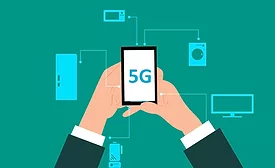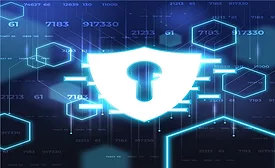Security Top Stories
COVID-19 Heroes
Sanofi’s North America security team drives COVID-19 response efforts
From the onset of the pandemic, Sanofi’s North America Security Operations & Technology team has worked across the enterprise to provide critical in-house applications and communications to departments and leaders, as well as be on the frontlines of on-location response efforts, ensuring operational continuity, as well as the safety and security of the company’s staff and assets.
May 10, 2021
COVID-19 Heroes
Boeing values information as the backbone to pandemic response
Taking a project management approach to its comprehensive COVID-19 pandemic response, Boeing’s Security & Fire Protection and Health Services business units placed collaboration, communication and actionable data at the forefront to make unified, informed decisions across the enterprise.
May 7, 2021
Ensuring the security of arts, museums and cultural heritage facilities during lockdown and beyond
A coordinated response effort from museums and cultural heritage institutions enable security directors to continue to ensure the security of their collections and facilities.
May 5, 2021
Sign-up to receive top management & result-driven techniques in the industry.
Join over 20,000+ industry leaders who receive our premium content.
SIGN UP TODAY!Copyright ©2026. All Rights Reserved BNP Media.
Design, CMS, Hosting & Web Development :: ePublishing















